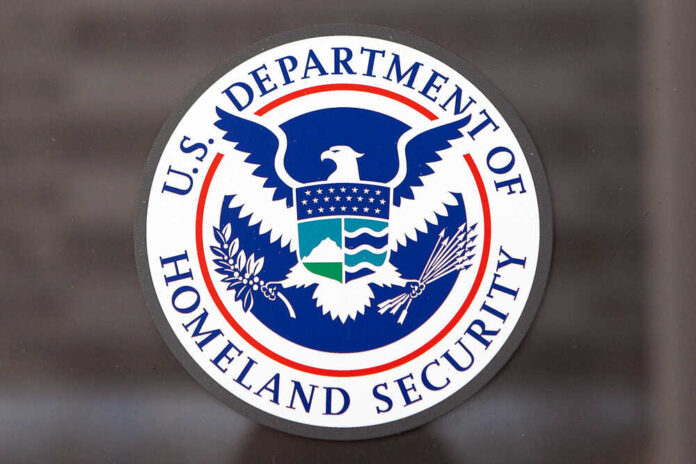
Although the federal government — in particular the intelligence community — has faced mounting allegations of essentially forcing social media platforms to silence certain viewpoints, one Republican-led congressional panel recently highlighted evidence showing that the plot is much deeper than most Americans realized.
According to an interim report compiled by the House Select Subcommittee on the Weaponization of the Federal Government, the Department of Homeland Security oversees a team ostensibly tasked with combating “disinformation,” but which actually engages in the suppression of accurate information that reflects poorly on the current administration.
The Cybersecurity and Infrastructure Security Agency, the subcommittee determined, has “metastasized into the nerve center of the federal government’s domestic surveillance and censorship operations on social media” over the course of recent years.
Evidence contained in a series of internal document dumps following Elon Musk’s acquisition of Twitter last year brought new attention to the influence of federal bureaucrats on the content moderation decisions of social media companies. Some of the resulting backlash was aimed at the DHS agency, which in turn sought to mitigate the criticism with a public relations campaign of sorts.
“In 2022 and 2023, in response to growing public and private criticism of CISA’s unconstitutional behavior, CISA attempted to camouflage its activities, duplicitously claiming it serves a purely ‘informational’ role,” the subcommittee determined.
Although the agency began to rely on external nonprofit organizations and other entities to handle many of its most controversial activities, the congressional report asserted that CISA nevertheless continued to pursue its pressure campaign against tech companies.
“This included the creation of reporting ‘portals’ which funneled ‘misinformation’ reports directly to social media platforms,” the panel added.
Such efforts not only address false claims, but also so-called “malinformation,” which the agency describes as information that is “based on fact, but used out of context to mislead, harm, or manipulate.”
“The government’s disinformation efforts extended to the censorship of “malinformation,” defined by CISA as “based on fact, but used out of context to mislead, harm, or manipulate.”
Manipulating facts to promote a certain POV is otherwise known as persuasion. Oh, the horror. https://t.co/5rUg6ECN8O
— IT Guy (@ITGuy1959) June 27, 2023
In practice, however, lawmakers determined that this caveat is exploited to crack down on content that paints the Biden administration or the federal government in a negative light.
“In other words, malinformation is factual information that is objectionable not because it is false or untruthful, but because it is provided without adequate ‘context’ — context as determined by the government,” the report asserted.

















